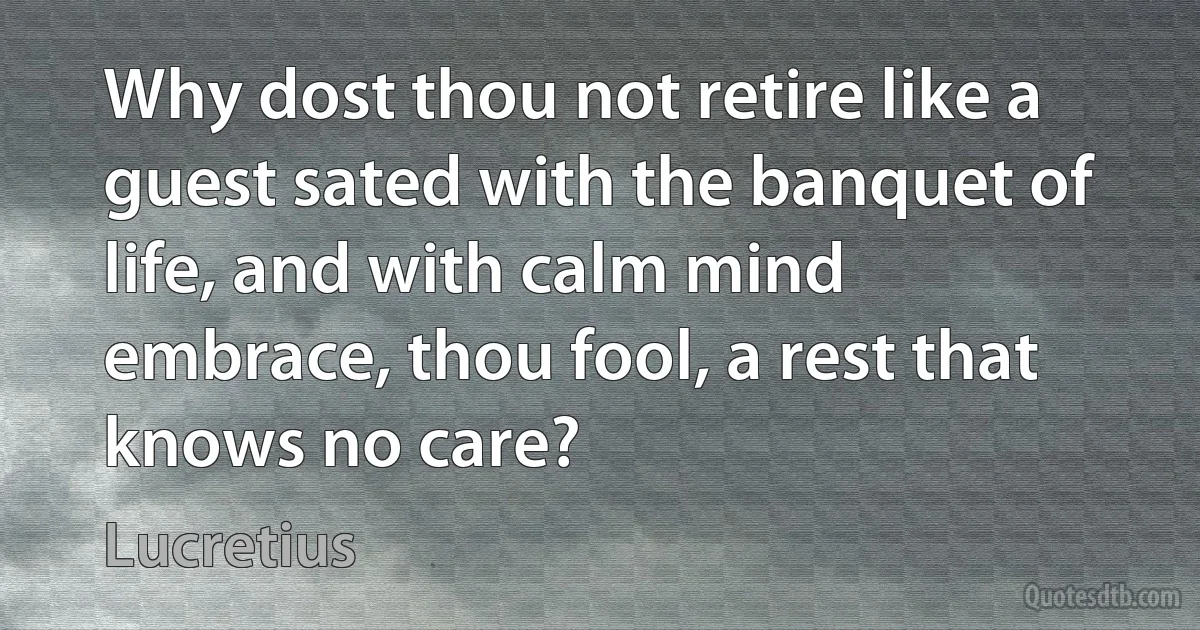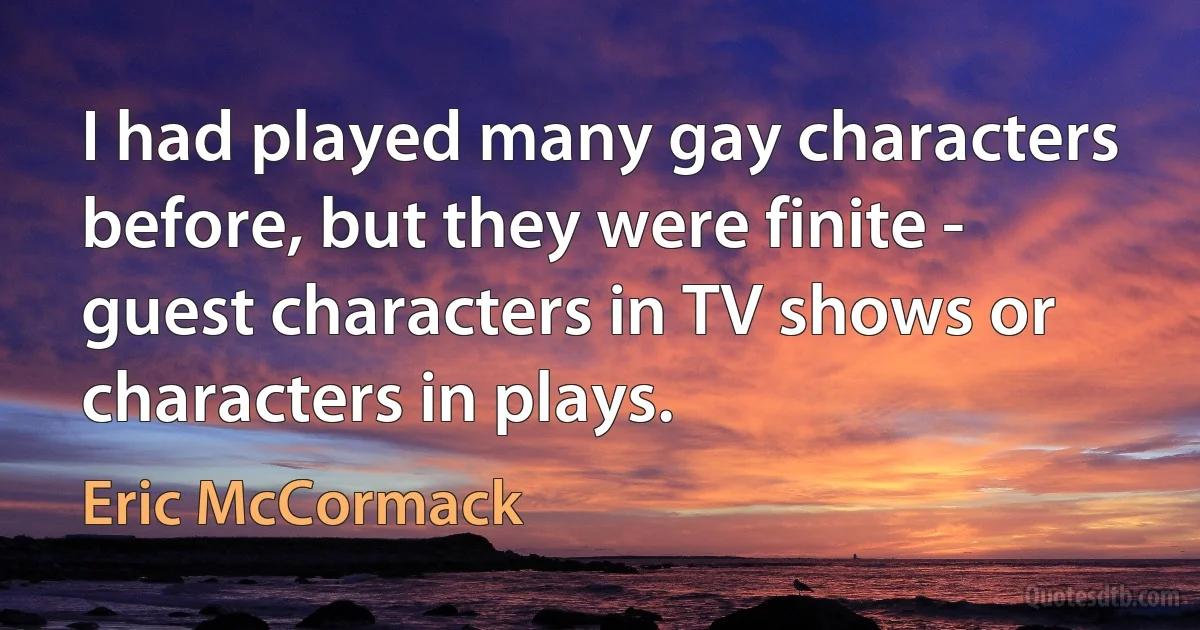Guest Quotes - page 5
The more i watched how boys and girls behaved, the more i read and the more i thought about it, the more convinced i became that this behavior could be traced directly back to the plantation, when slaves were encouraged to take the misery of their lives out on each other instead of on the master. The slavemasters taught us we were ugly, less than human, unintelligent, and many of us believed it. Black people became breeding animals: studs and mares. A Black woman was fair game for anyone at any time: the master or a visiting guest or any redneck who desired her. The slavemaster would order her to have six with this stud, seven with that stud, for the purpose of increasing his stock. She was considered less than a woman. She was a cross between a whore and a workhorse. Black men internalized the white man's opinion of Black women. And, if you ask me, a lot of us still act like we're back on the plantation with massa pulling the strings.

Assata Shakur
People talk about nightfall, or night falling, or dusk falling, and it's never seemed right to me. Perhaps they once meant befalling. As in night befalls. As in night happens. Perhaps they, whoever they were, thought of a falling sun. That might be it, except that that ought to give us dayfall. Day fell on Rupert the Bear. And we know, if we've ever read a book, that day doesn't fall or rise. It breaks. In books, day breaks, and night falls.
In life, night rises from the ground. The day hangs on for as long as it can, bright and eager, absolutely and positively the last guest to leave the party, while the ground darkens, oozing night around your ankles, swallowing for ever that dropped contact lens, making you miss that low catch in the gully on the last ball of the last over.

Hugh Laurie
There are several pleasant little towns like Abbottabad in Pakistan, strung out along the roads that lead toward the mountains from Rawalpindi...The colonial British-like Maj. James Abbott, who gave his name to this one-called them "hill stations," designed for the rest and recreation of commissioned officers. The charming idea, like the location itself, survives among the Pakistani officer corps. If you tell me that you are staying in a rather nice walled compound in Abbottabad, I can tell you in return that you are the honored guest of a military establishment that annually consumes several billion dollars of American aid. It's the sheer blatancy of it that catches the breath.

Christopher Hitchens
When you do anything creative, you really have to live entirely in that world. I think my ability to do that is what makes me such a bad dinner guest. I'm always looking over someone's shoulder, taking in stuff around the room, immersed in the world of whatever I'm writing about, and keeping the characters completely in my head.

Stephan Pastis
No man who aims at making his life an harmonious whole, pure, complete, and harmless to others, can endure to gratify an appetite at the cost of the daily suffering and bloodshed of his inferiors in degree, and of the moral degradation of his own kind. I know not which strikes me most forcibly in the ethics of this question the injustice, the cruelty, or the nastiness of flesh-eating. The injustice is to the butchers, the cruelty is to the animals, the nastiness concerns the consumer. With regard to this last in particular, I greatly wonder what persons of refinement-aye, even of decency-do not feel insulted on being offered, as a matter of course, portions of corpses as food! Such comestibles might possibly be tolerated during sieges, or times of other privation of proper viands in exceptional circumstances, but in the midst of a civilised community able to command a profusion of sound and delicious foods, it ought to be deemed an affront to set dead flesh before a guest.

Anna Kingsford

![[in reference to a two-word comment from a guest]. (Craig Ferguson)](https://cdn.quotesdtb.com/img/quotes_images_webp/17/craig-ferguson-comment-guest-425117.webp)

